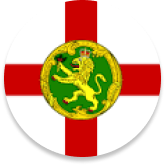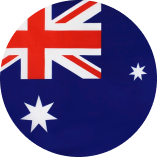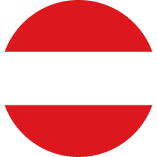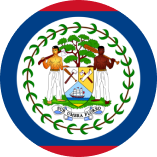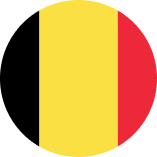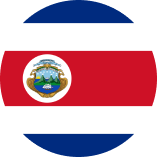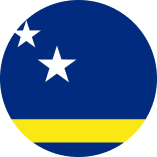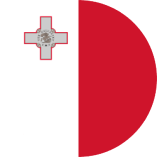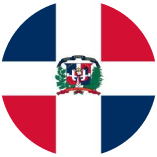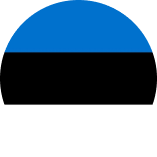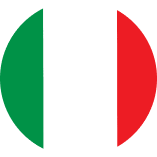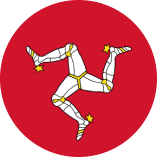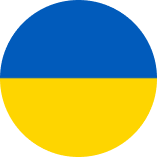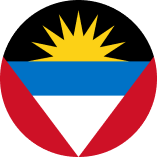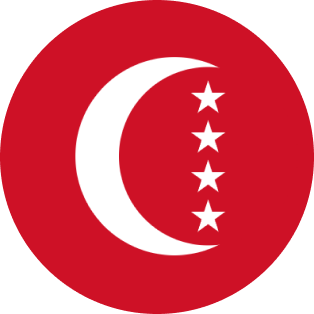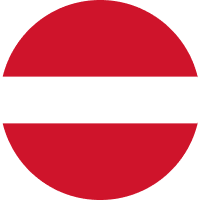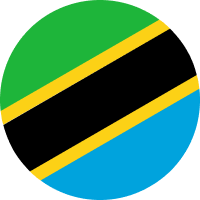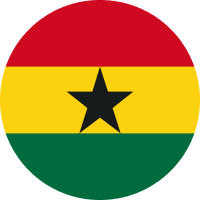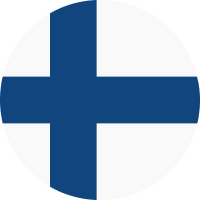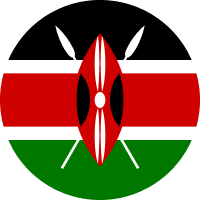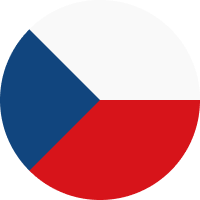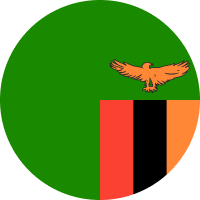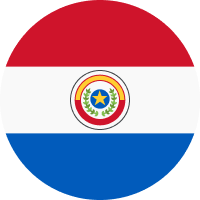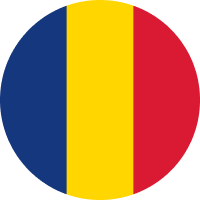
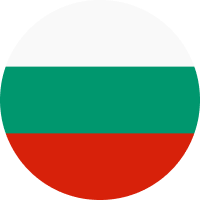
Gambling Law and Licensing in Bulgaria 2026
The EU has several jurisdictions where the rules are clear, enforcement is active, and online growth is possible for well-prepared brands. Bulgaria belongs in that group. Over the last few years, the country has tightened player-protection and advertising standards, moved supervision under the National Revenue Agency, and prioritised blocking unlicensed sites. At the same time, the framework remains open to serious operators who can meet higher capital, technical, and compliance thresholds.
Casino Market experts explain how Bulgaria’s regime functions and why the remote channel carries the most weight in 2026. Our team outlines the day-to-day obligations and the enforcement backdrop that keeps the market orderly. If you are weighing Bulgaria against other EU bases, the mix of low profit tax and high entry standards is the key trade-off to model.
Casino Market can align your platform with Bulgarian norms and manage each step from application to live operations. Order a turnkey or White Label platform for a fully-fledged business from scratch.
Official Status of Gambling in Bulgaria
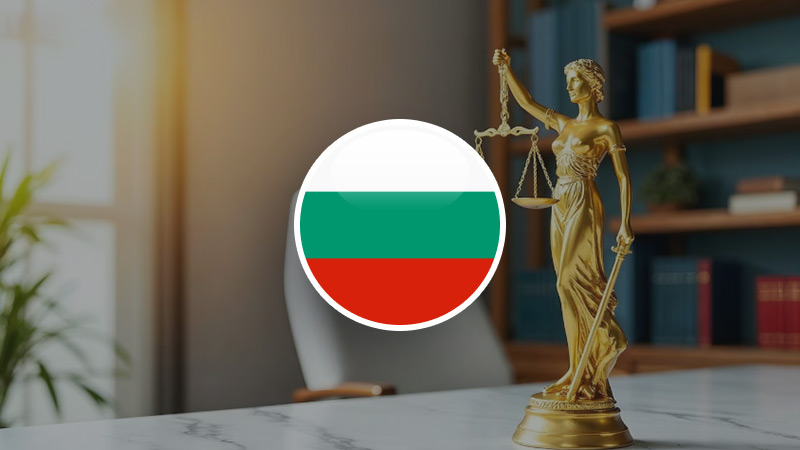
Local authorities permit land-based and remote activities under the national Gambling Act. The regime treats digital platforms and physical venues as regulated environments with comparable obligations on fairness, data reporting, and player protection. Operating without a Bulgarian licence is prohibited, and the National Revenue Agency (NRA) enforces blocks on unlicensed websites and payment channels.
Permitted activities under the document:
- slots, roulette, blackjack, baccarat, poker, and live-dealer formats;
- betting on sports and other events (fixed-odds and pool/totalisator);
- bingo/keno and similar games;
- instant-win products (national lotteries remain a state monopoly).
The online method is fully recognized by the government and will be the main way for newcomers to get in by 2025. Licenses cover accepted domains, certified software, and a list of material that has been checked out. The primary gaming system has to be located in Bulgaria or another EU/EEA country, and the platform has to allow the regulator to view real-time data. With these technology links, control is ongoing instead of just happening every so often.
Key online obligations:
- rigorous KYC/AML and age verification, with automatic checks against the national self-exclusion register;
- certified RNGs and studios, complete transaction logging, and live connectivity to the NRA’s monitoring interface.
Land-based casinos, slot halls, betting shops, and bingo rooms remain legal with site-specific permissions. At the same time, recent zoning limits (e.g., distance from schools and restrictions in smaller municipalities) have nudged investor attention toward remote operations.
There are also strict limits on advertising. Most mass media advertising is illegal, so licensed brands rely on owned outlets that follow the rules, information on their websites, and agreements that are carefully thought out. As a result, there is a controlled, supervised system that gives users a lot of freedom in what they make, keeps illegal alternatives out, and clearly favors careful, open-source online businesses.
How to Get a Remote Gambling Licence
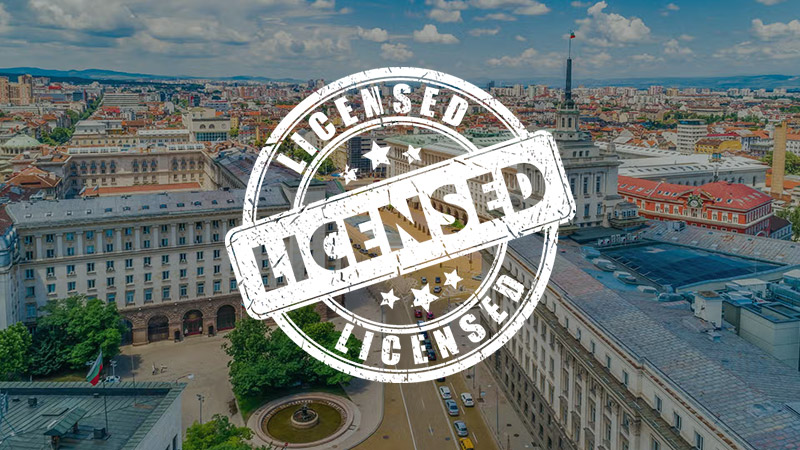
Bulgaria’s remote authorisation is demanding but linear. The regulator vets the company first, then the technical stack, and only then approves the catalogue and domains. Operators should expect heavy preparations followed by a 2–3 month review window for a complete submission.
Step-by-step path to approval:
- Set up the applicant and capitalise. Form a business in Bulgaria or another EEA or Swiss country. Pay €750K in share capital and choose an agent in Bulgaria if the business is not based in Bulgaria.
- Define scope and suppliers. Decide the initial mix (casino, poker, betting, bingo/keno), map domains, and select certified platform and content providers (RNG and live). Confirm hosting in Bulgaria or the EU/EEA.
- Build the compliance stack. Finalise KYC/AML flows (including source-of-funds triggers), age gates, self-exclusion integration, responsible-play tooling (limits, timeouts), game disclosure, and complaints/ADR procedures.
- Prepare the technical package. Arrange financial structure, game server layout, RNG/live certifications, monitoring and logging, backups/disaster recovery, change management, and cybersecurity.
- File the application and pay the state fee. Submit the complete pack to the NRA’s gambling department with the financial instalments for your verticals.
- Respond to queries and test integrations. During review, the NRA may request clarifications, lab attestations, or live demonstrations of the data interface and exclusion checks. Address gaps promptly to keep the clock moving.
- Launch and maintain. Go live under the approved identifiers, file returns on schedule, keep logs available, and notify the NRA before rolling out material changes. Within six months, provide evidence of the required €500K project investment.
A well-prepared operator can move from filing to decision in roughly a quarter, if all integrations and test evidence are ready. The process is demanding, but the path is predictable because clear documents, certified software, and a production-ready, transparent platform facilitate approval.
Taxation and Fees for Online Operations
Bulgaria’s appeal for remote brands is the combination of EU-grade supervision with a comparatively lean ongoing financial load. Unlike many European markets that prioritise headline GGR deductions, this country taxes most online gambling like a regular business.
What operators will pay once live:
Corporate Income Tax
The CIT sits here at 10% on profit. iGaming is exempt from Bulgaria’s “alternative gambling tax” and instead falls under the standard 10% corporate profit deduction, which is among the lowest in the EU. This treatment also applies to several land-based betting categories that have been moved off the alternative costs in recent reforms.
Tax Summaries
Licensing costs are linked to state fees. You will have to pay a non-refundable application fee and, if your application is approved, an issuance/annual license deduction based on the activity and time period you are allowed to do it. The law lets fees be set up as a one-time payment for the complete license period or as an annual payment. Practitioners usually say that the typical application range is between €5,000 and €20,000, with sports betting particularly included at €10,000.
Compliance and Testing Costs
Certification of RNGs/live studios, security assessments, integrations to the regulator’s feed, translations, and legalisation of documents are recurring operational items. The NRA’s technical pages spell out functionality approval and systems requirements for remote operators.
Land-based Taxation for Hybrid Models
If you also run physical venues, Bulgaria applies a different “alternative tax” regime with fixed amounts or activity-based calculations instead of the 10% CIT on those particular products. Online games remain at 10%, and land-based services may be subject to alternative tax unless they are among the categories shifted to CIT by recent changes. Always model channels separately to avoid mixing tax bases.
Opportunities and Challenges for Operators
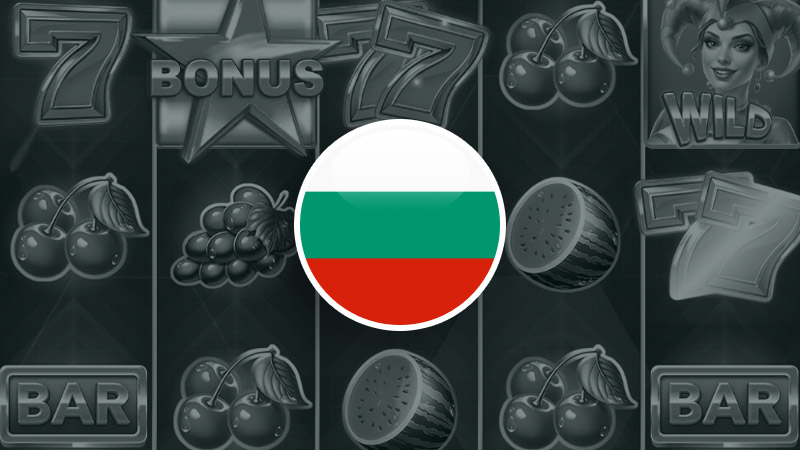
Bulgaria’s proposition is a strictly regulated EU base that is tightly controlled and has a low ongoing tax burden for online companies. For teams who have money and are already following the rules, possible problems aren't a big deal, but for newer teams, the threshold might feel high.
Opportunities to consider:
- EU credibility with a low steady-state tax. A Bulgarian licence signals adherence to European standards with an ongoing tax at a competitive 10% on profit.
- Data-driven predictability. Real-time supervision and clear technical annexes underline that once your stack is certified and connected, oversight becomes routine.
- Protected demand. ISP/payment blocks and ad limits on non-licensees keep grey-market leakage low.
- Multi-vertical latitude. You can combine sportsbook, casino/live, poker, and bingo under one corporate umbrella to expand variation without the necessity to re-license the company.
- Banking and partner access. Licence status unlocks local/EU payment rails, compliant affiliate programmes, and partnerships that offshore sites cannot secure.
At the same time, Bulgaria is not an easy-entry jurisdiction. Success requires upfront capital, disciplined execution, and a growth plan that works within strict promotion rules.
Nuances and constraints to model:
- High entry costs. Paid-in capital plus post-licensing investment and issuance fees set a meaningful cash threshold before first revenue.
- Compliance as an operating function. Continuous KYC/AML, regulator data feeds, change control, and audits demand dedicated staff and mature processes.
- Advertising constraints. Since mass media isn't really an option, acquisition relies on product, CRM, SEO, and relationships that follow the rules. This is slower but more viable.
- Finite domestic scale. Bulgaria is a focused market, so businesses should plan for reasonable volumes and unit economics. They shouldn't assume they can reach customers across borders without having different rights in other places.
- Policy sensitivity. It is important to keep an eye on legal changes because the framework is solid but adaptable to social approaches.
In practice, operators that treat compliance as part of the product find Bulgaria highly workable. If your roadmap and budget anticipate a heavier start, the reward is a durable EU foothold with cleaner competition and room to build lifetime value.
The Main Things about Getting Licensed in Bulgaria
The country pairs strict, data-driven supervision with a workable path to market for well-capitalised, compliance-first brands. If you can meet the higher entry bar, the reward is an EU licence with predictable oversight and a lean 10% profit tax once live.
Key aspects about the Bulgarian model and timelines:
- The regime covers land and online, but the remote channel is the primary growth route in 2025 under the Gambling Act and NRA oversight.
- Eligibility depends on being an EEA/Swiss entity, €750K paid-in capital, clean controllers, EU/BG hosting, and a real-time regulator feed.
- The application is preparation-heavy, and complete files typically see a decision in roughly a quarter.
- Steady-state burden is light for online brands (10% CIT on profit), while front-loaded licence and compliance spend filters for serious operators.
If you are ready to turn this framework into a live operation, Casino Market can align your platform with Bulgarian technical standards, manage legality, and help with certification. Order a fully licensed turnkey casino or sportsbook with an official permit. Buy software for a fast, clean, and compliant operation in the Bulgarian environment.
Have questions or want to order services?
Contact our consultants:
- e-mail: manager@casino-market.com
- feedback form.
Check the information used to contact us carefully. It is necessary for your safety.
Fraudsters can use contacts that look like ours to scam customers. Therefore, we ask you to enter only the addresses that are indicated on our official website.
Be careful! Our team is not responsible for the activities of persons using similar contact details.

